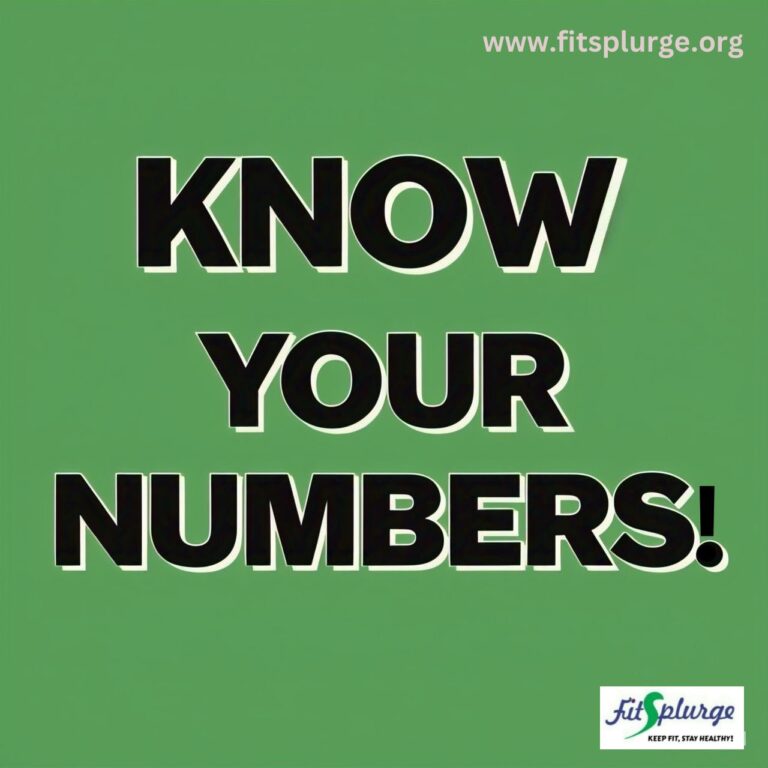There are some very important checks you must do before you embark on any intensive workouts. Today, we will be looking at some important vital signs you should check before working out, especially if you are not healthy or you are 30 years old or older.
Some are necessary, and some are relatively considered, based on an individual’s specific health condition.
These are absolutely necessary:
- Heart rate
The heart rate indicates the number of times the heart beats per minute (bpm), and normal values range from 60 to 100 bpm. The heart rate serves as a key indicator of cardiovascular health and readiness for physical activity. If your resting heart rate is unusually high, it may suggest fatigue, dehydration, or an underlying medical issue, making intense exercise risky.
Monitoring your heart rate also helps in setting appropriate intensity levels. For instance, exercising within your target heart rate zone maximizes benefits while preventing overexertion, which can lead to dizziness, nausea, or even health complications. Individuals with heart conditions or those new to intense workouts should be especially cautious, as sudden spikes in heart rate can strain the cardiovascular system.
Additionally, tracking your heart rate over time allows you to measure progress and adjust your workouts accordingly. This is very important for beginners. Athletes and fitness enthusiasts use heart rate data over time to optimize training, improve endurance, and enhance recovery. Thus, by regularly checking your heart rate, you can prevent overtraining, reduce the risk of injury, and ensure a safe and effective workout experience.
- Blood pressure
It is important to ensure your heart and blood vessels can handle physical stress before embarking on activities that cause increased exertion. High blood pressure (hypertension) increases the risk of heart attack, stroke, or dizziness during exercise, while low blood pressure (hypotension) may lead to fainting. Normal blood pressure is around 120/80 mmHg. If your reading is significantly higher or lower, consult a doctor before engaging in strenuous activity. Monitoring your levels helps tailor workouts to your cardiovascular condition, preventing complications and promoting a safer, more effective fitness routine. Always warm up and hydrate to maintain optimal circulation.
- Respiratory rate
This is the number of breaths a person takes per minute. It is an important vital sign that helps assess a person’s respiratory health.
It is essential to assess your baseline breathing and ensure your lungs and cardiovascular system are functioning optimally before embarking on rigorous activities. A significantly elevated resting respiratory rate may indicate underlying issues such as respiratory infections, dehydration, or poor recovery from a previous workout. The normal respiratory rate for adults at rest ranges from 12 to 20 breaths per minute. If your rate is abnormally high or low, it may signal fatigue, stress, or a medical condition, making it unsafe to proceed with strenuous exercise.
Monitoring these vital signs helps prevent health complications and optimize performance.
The goal of exercising is to promote health. It defeats its purpose if we put ourselves in danger whilst at it.
Remember, it’s always best to get approval from your doctor before you start exercising. Ensure you are exercising under the supervision of a licensed physiotherapist for the best health outcomes.
Fitsplurge Cares!
Remember to sign up for our newsletter for more informative articles like this.
Related posts:
No related posts.


